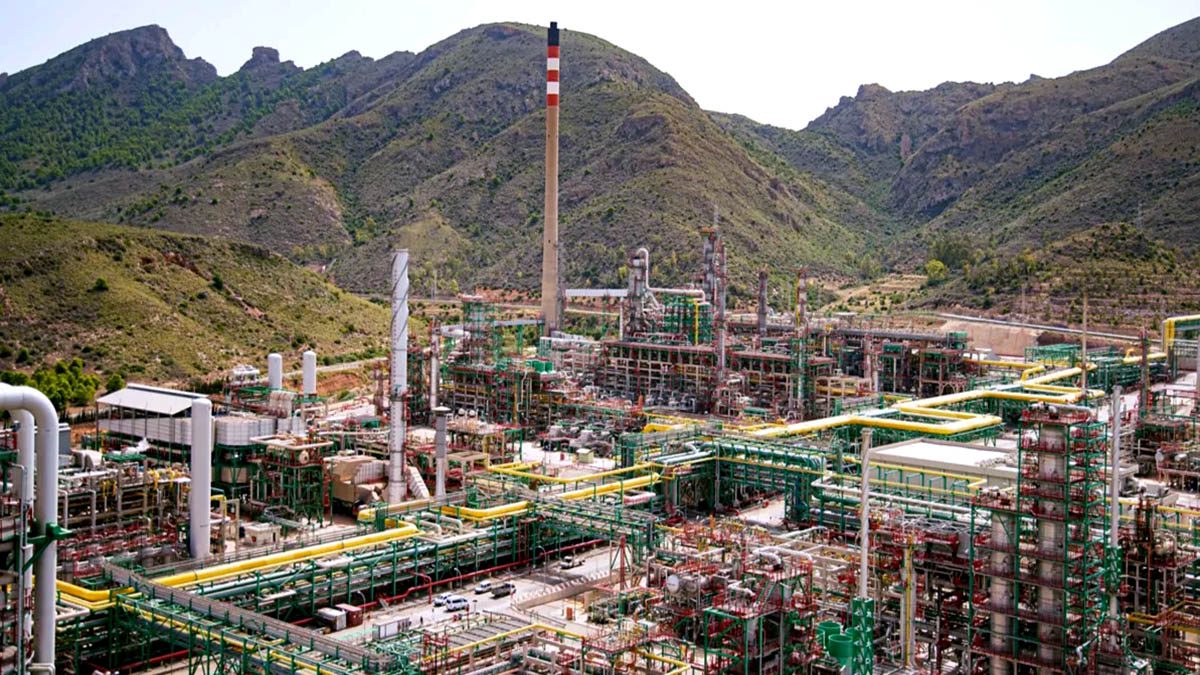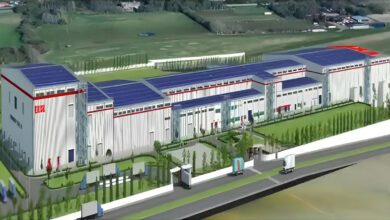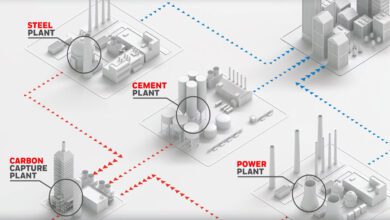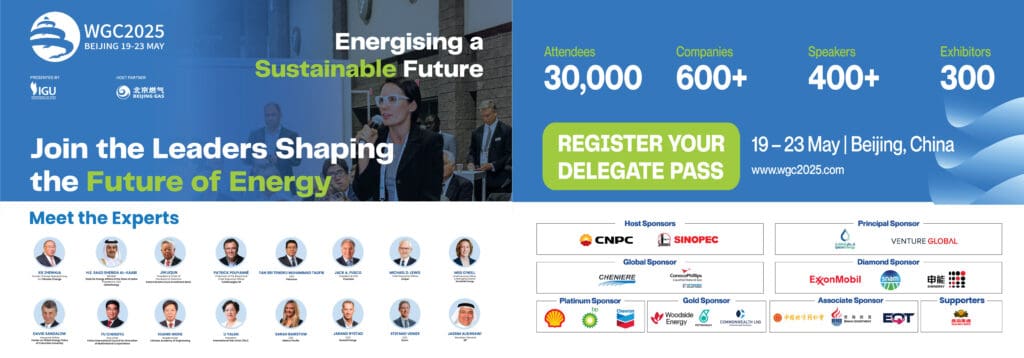In a strategic move to accelerate the development of renewable fuels and circular materials, Honeywell and Repsol have announced a collaboration aimed at creating innovative production pathways. The partnership will focus on utilising various waste materials such as fats, oils, greases, biomass, and solids to produce biofuels and advanced chemicals, with the potential to integrate these methods into Repsol’s existing facilities.
Under this collaboration, Honeywell’s cutting-edge technologies will be scaled and commercialised at Repsol’s refineries. The goal is to produce a range of biofuels, including sustainable aviation fuel (SAF) and renewable diesel, leveraging existing refinery assets. This initiative aligns with Honeywell’s commitment to the energy transition megatrend, positioning the company as a global leader in sustainable fuel technologies.
“As a global leader in sustainable fuel technologies, we seek collaborations to provide innovative solutions that help our customers and stakeholders reduce carbon and greenhouse gas emissions through biofuel production,” said Bryan Glover, Chief Growth Officer and CTO of Honeywell Energy and Sustainability Solutions. “Our collaboration with Repsol illustrates how Honeywell can apply new technologies to reduce carbon emissions while producing biofuels and advanced materials leveraging current refinery infrastructure.”
Repsol, a multi-energy company committed to achieving net-zero emissions by 2050, is also exploring the deployment of Honeywell’s UpCycle Process Technology. This technology turns waste plastic into Honeywell Recycled Polymer Feedstock, which can be used to create new plastics. Capable of recycling diverse plastics, including coloured, flexible, multilayered packaging and polystyrene, this process has the potential to recycle nearly 90% of waste plastics when combined with other recycling methods.
“Renewable fuels and plastics recycling are crucial to Repsol’s commitment to achieve net-zero emissions by 2050,” said Berta Cabello, Repsol’s Director of Renewable Fuels. “Our collaboration with Honeywell to advance and adopt cutting-edge technologies will help us reduce our carbon footprint and become a benchmark in renewable fuels and hydrogen production by 2030.”
The two companies have a longstanding history of successful cooperation across various areas, including the licensing and development of petrochemical units, catalysts, technical support, digitalisation, and technology. In 2023, Repsol selected Honeywell’s Ecofining technology to produce renewable fuels from sources like used cooking oil and waste animal fat at its Puertollano plant in Spain. This plant is expected to produce approximately 2,40,000 metric tons of renewable diesel and other products annually.














